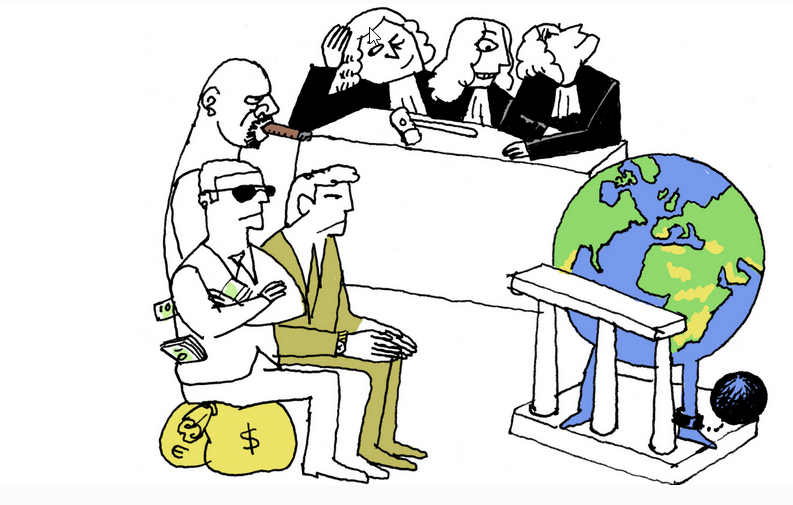
Pull the plug on the Energy Charter Treaty

Earlier this month, the European Court of Justice ruled that the Energy Charter Treaty cannot be used within the EU. Companies use this treaty to sue states that take climate measures. German company RWE is currently doing just that: the company wants €1.4 billion from the Netherlands because it has to close its coal-fired power plant in the Eemshaven before 2030. Energy company Uniper has also submitted a million-euro claim to the Netherlands, because its coal plant on the Maasvlakte has to close before 2030. But those claims now have become hollow because of the ruling of the European Court of Justice.
The Energy Charter Treaty (ECT) was created after the fall of communism, to make it easier for Western European investors to invest in Eastern European and Central Asian countries. Like other investment treaties, the ECT contains the controversial ISDS clause, the investor state dispute settlement. With this mechanism, companies can bypass national courts to claim billions in damages when their profits are threatened. This is now happening in the Netherlands. With the decision to close coal-fired power plants, the Dutch government is trying to comply with the Urgenda-ruling(opens in new window) and the Paris climate goal of keeping global warming below 1.5°C. But Uniper and RWE used the measure to claim billions in damages from the Dutch state, despite the fact that the Dutch coal phase-out came not as a surprise to them when they opened their new coal power plants in 2015 and 2016.
An ISDS claim can only be filed with a special tribunal, with arbitrators appointed for each case separately. These arbitration tribunals are widely criticised for conflicts of interest and a lack of transparency. Moreover, the damages awarded under this system are much higher than is usually possible under Dutch or European law.
The recent ruling of the European Court is in line with the so-called Achmea-judgement(opens in new window) from 2018: investor-state arbitration based on bilateral EU investment treaties is incompatible with broader EU law. This month’s decision goes a step further by specifically naming the ECT. In doing so, the Court also sends a strong message to RWE and Uniper: they should never have filed their claims.
But RWE told the German press that they assume the Court’s ruling ‘will have no direct impact on the current ISDS-proceedings’. Arbitrators involved in other ISDS-cases have also stated that they do not have to abide by the rulings of the European Court.
If RWE and Uniper really want to contribute to climate action themselves, they should withdraw their legal claims. Through their actions, they are not only making an energy transition more expensive, they are also delaying it and putting pressure on governments not to do what is now necessary in light of the urgent climate crisis. Instead of transforming themselves in a meaningful way, RWE and Uniper are working behind the scenes to get as much government money as possible for their polluting investments.
This week, the modernisation of the ECT is being renegotiated, but so far these efforts have not led to any substantial improvements. Several countries, including Greece, Spain, Poland and France, want to get rid of the ECT, including the so-called sunset clause that allows companies to file claims for another 20 years after the treaty expires. Joining a growing group of EU-countries and withdrawing from the ECT, is the best step the Netherlands can now take in the light of ongoing climate change. It will help implement the Urgenda-verdict and will prevent new climate measures from being taken hostage by energy companies.
Meanwhile, more than 1 million European citizens have signed a petition against the treaty, which was handed over to members of the Dutch parliament on Tuesday 29 September. A government that really wants to get on with its climate ambitions should free itself from the ECT-yoke.
This opinion article appeared on 28 September 2021 in Het Financieele Dagblad(opens in new window) (in Dutch).
Do you need more information?
-

Bart-Jaap Verbeek
Researcher
Partners
-
Urgenda
-

Related content
-
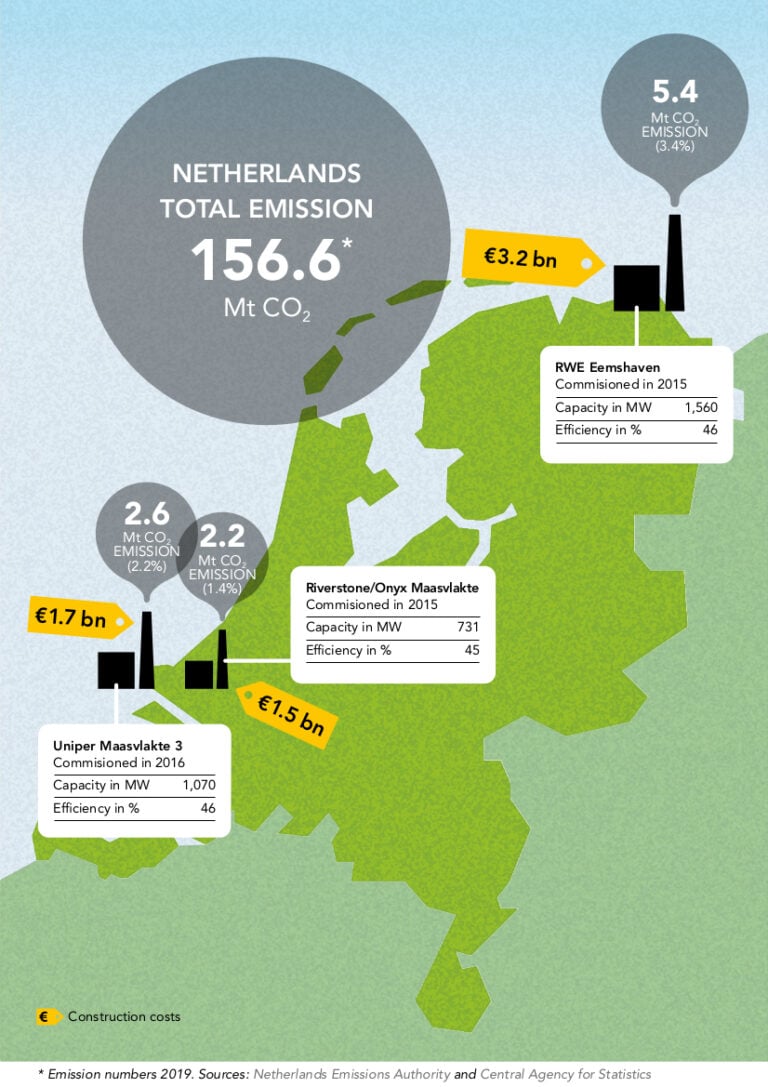
-
“Super-protections” for corporations Published on:
 Bart-Jaap VerbeekPosted in category:Publication
Bart-Jaap VerbeekPosted in category:Publication Bart-Jaap Verbeek
Bart-Jaap Verbeek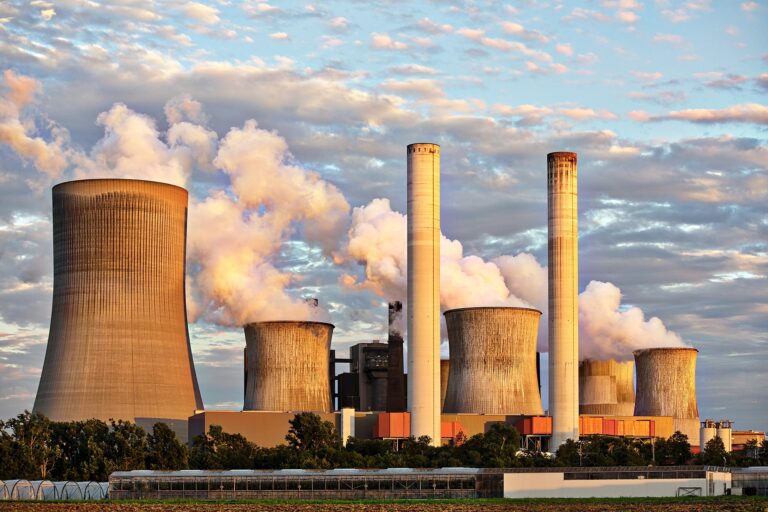
-
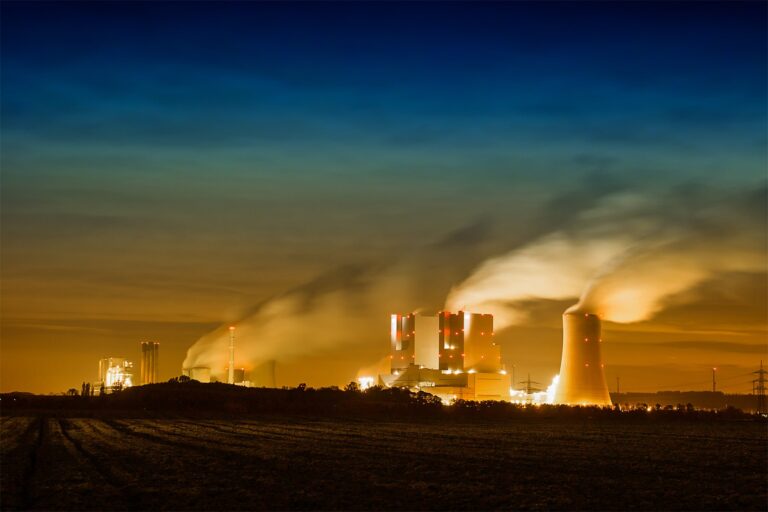 Coal company sues the Netherlands over controversial investment treatyPosted in category:NewsPublished on:
Coal company sues the Netherlands over controversial investment treatyPosted in category:NewsPublished on: -
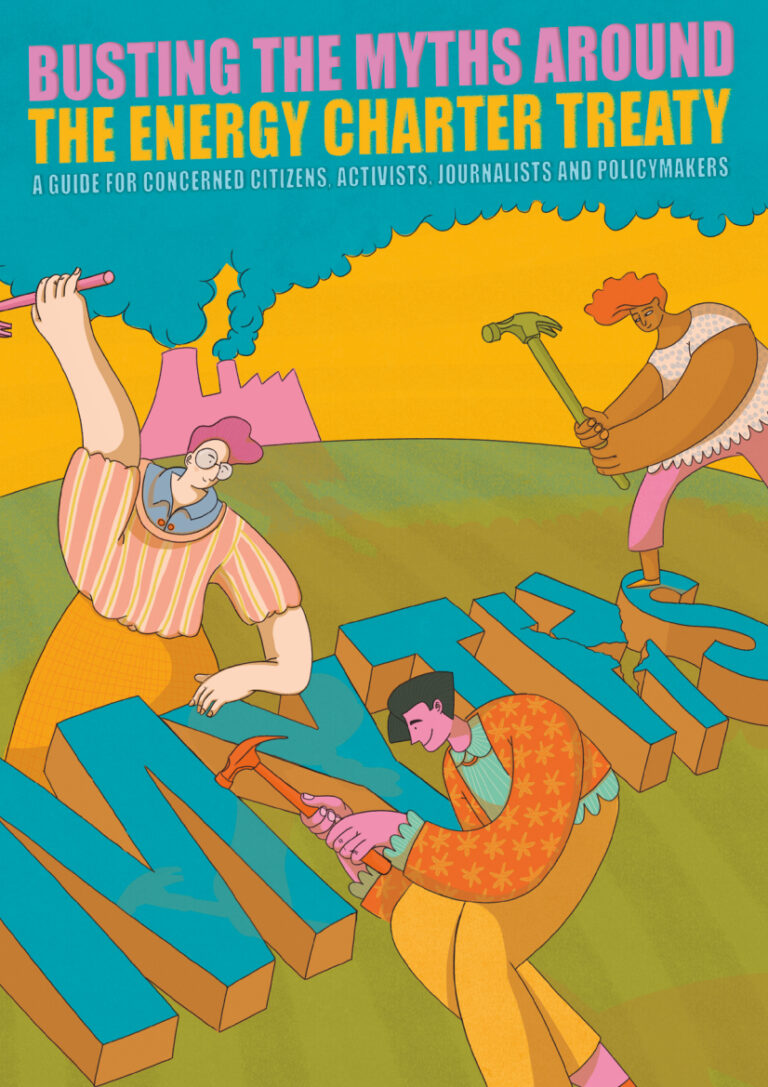 Busting the myths around the Energy Charter TreatyPosted in category:News
Busting the myths around the Energy Charter TreatyPosted in category:News Bart-Jaap VerbeekPublished on:
Bart-Jaap VerbeekPublished on: -
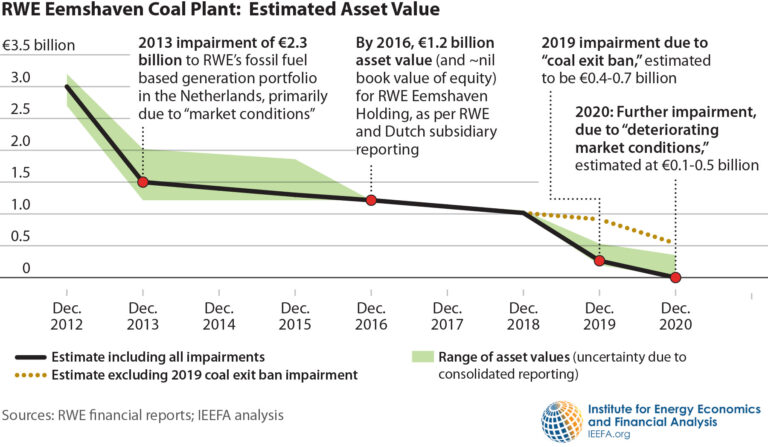 Research undermines billion euro “compensation” claims by German energy companies for Dutch coal phase-outPosted in category:News
Research undermines billion euro “compensation” claims by German energy companies for Dutch coal phase-outPosted in category:News Bart-Jaap VerbeekPublished on:
Bart-Jaap VerbeekPublished on:

